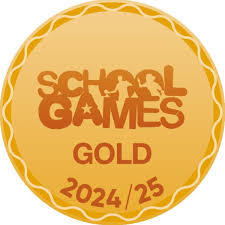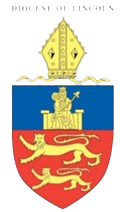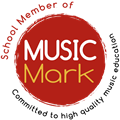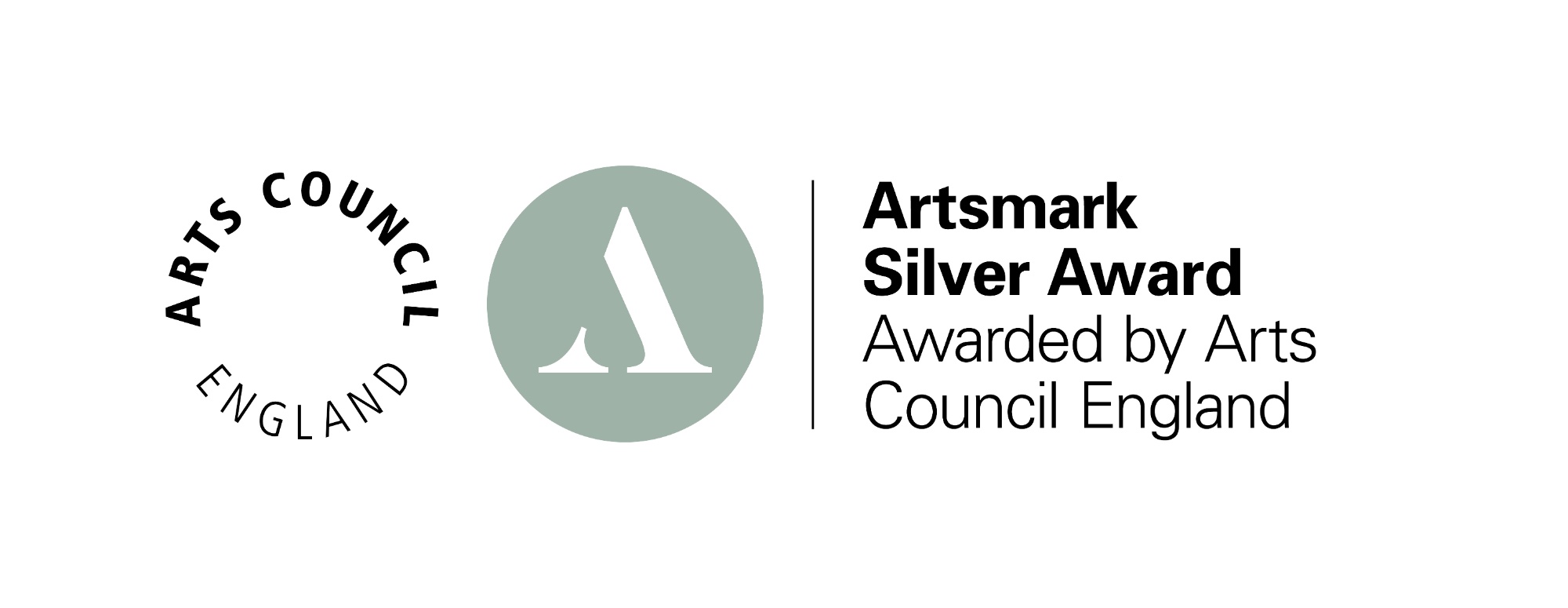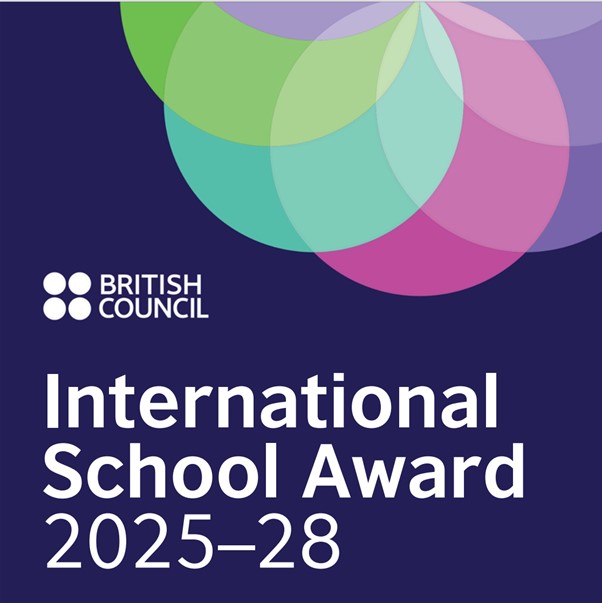English- Teaching and Learning Expectations
Every Child Reading In Class (E.R.I.C.)
Reading
- E.R.I.C.- Every class should have at least 3 sessions of 20-30 minutes a week planned into their timetable.
- Reading Interventions are to take place during E.R.I.C. time (by the class teacher)
- A guided reading session needs to be timetabled- at least x4 per week (20 mins)
- Carousel activities should be planned for each guided reading group. This could include shoulder reading, grammar/spelling activities etc.
- Children should be part of a reading focus group at least once a week.
SPaG (Spelling, Punctuation and Grammar)
- Spelling, punctuation and Grammar should be taught through English writing lessons.
- Content should be focussed on the year group assessment outcomes for each year group. Children who are not at the age expected standard should be taught the content from the age group they are working towards.
- At least one English lesson per week should be a pure SPaG lesson.
- Spellings need to be given out every Friday and stuck into the children’s Learning Journals. These should be based on the spelling rules for their year group. These should then be tested the following Friday.
Writing
- English lessons should be planned with a ‘Big Write’ at the end of each unit.
- Skills should be built up during a unit and then assessed after a ‘Big Write’
- A Rubric should be created with pupils and should be based on the writing assessments for their age expectations. Differentiated Rubrics should be used to ensure personalised assessment.
- The children should have opportunities to peer critique and self-assess their work. This should then lead to drafting and redrafting a piece of writing for improvement.
English Working Wall- Checklist
- English as title
- A heading of what genre you are covering
- Assessment Grid for the year group you are teaching
- At least 3 questions
- Pockets with useful mats to help children become more independent learners
- Examples of the children’s work- throughout learning journey
- Examples from main teaching. Eg. Banks of fronted adverbials, hyphenated words etc.
- Handwriting alphabet strip
A separate board for SPaG
- Weekly spellings
- Resources that will aid the children. E.g. Suffix mats and mat with year group spelling list
- Children’s work- this could be examples of correct use of punctuation.
Interventions
After each assessment period, Reading, Writing and SPaG interventions should be timetabled based on the need of the class.


